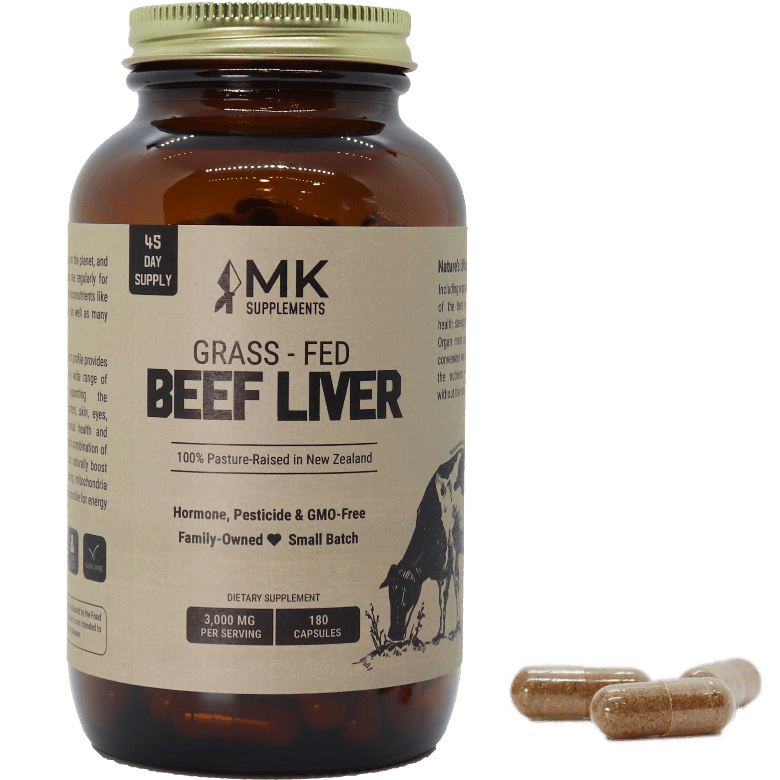
Conditions affecting liver health are increasingly recognized as pressing medical issues within the field of gastroenterology. Statistics indicate that around 25% of the global population experiences some level of hepatic steatosis, which encompasses both forms of liver fat accumulation.
The prevalence of nonalcoholic fatty liver disease has been notably associated with rising rates of obesity and metabolic disorders.
Symptoms such as fatigue and abdominal discomfort can indicate potential liver inflammation, warranting further investigation.
Diagnostic techniques, including ultrasound imaging, play an important role in providing insights while minimizing the need for invasive liver biopsies. Effective management strategies often involve the careful monitoring of liver enzymes and the use of imaging techniques such as ultrasound to assess conditions like nonalcoholic fatty liver disease and hepatic steatosis, alongside considering the potential progression to cirrhosis or liver inflammation as observed through liver biopsy in the field of hepatology.
Click here to learn more about: shop
Nonalcoholic Fatty Liver Disease Overview
This health issue poses significant risks for individuals worldwide and is becoming increasingly prevalent. Approximately 25% of the adult population deals with this condition, which can escalate to more severe complications if left unaddressed.
The relationship between metabolic syndrome and this condition emphasizes the importance of weight management in mitigating risks.
While many individuals may not display overt symptoms, feelings of fatigue can indicate underlying liver function tests.
Diagnosis is typically achieved through liver function tests, which are preferred for their non-invasive nature. Interestingly, recent research highlights the role of specific gut microbes in influencing liver health, opening new pathways for potential treatments and a deeper understanding of this widespread condition

Understanding Hepatic Steatosis And Its Effects
The accumulation of fat within liver cells can lead to various health complications. While this condition may initially appear harmless, it has the potential to progress into more severe liver diseases over time.
Major contributors include obesity and insulin resistance, but additional influences, such as genetic factors, are often overlooked.
Many individuals may not experience any symptoms, which complicates the diagnosis; therefore, imaging techniques like abdominal ultrasound are necessary for accurate identification.
Management of the condition typically involves implementing lifestyle changes, notably adjustments to diet and exercise routines. Recent advancements in pharmacotherapy and the use of antioxidants, including vitamin E, have emerged as promising avenues for treatment. Understanding these factors is crucial for preventing the condition from advancing into more serious health issues, such as liver failure, which may require interventions like pharmacotherapy, liver transplantation, or lifestyle changes to manage metabolic disorders effectively.
Fat Accumulation in Liver Cells
- Obesity and insulin resistance are major contributors to fat accumulation in the liver.
- Imaging techniques like abdominal ultrasound are essential for accurate diagnosis due to the lack of symptoms in many individuals.
- Lifestyle changes, including diet and exercise adjustments, are crucial for managing the condition.
- Recent advancements in pharmacotherapy and the use of antioxidants, such as vitamin E, show promise in treating liver fat accumulation.
What Role Do Liver Enzymes Play
Enzymes produced by the liver facilitate a range of biochemical processes vital for maintaining health. These proteins are instrumental in detoxification, where they assist in breaking down harmful substances and waste.
A balanced level of these enzymes supports liver regeneration and overall physiological balance.
Abnormal levels of liver enzymes might signal chronic liver disease, prompting the need for assessment by a liver specialist.
Notably, enzymes such as ALT and AST are routinely measured to gauge liver function. Understanding the role of these enzymes sheds light on how conditions like obesity can adversely affect liver health and influence dietary choices. liver regeneration, chronic liver disease, and obesity influences outcomes related to detoxification and bile secretion, ultimately affecting hepatocyte function and triglyceride metabolism.
Importance Of Nutrition Therapy For Liver Health
Maintaining liver health requires a multifaceted approach, with dietary choices playing a significant role. Tailored dietary intervention can significantly manage or even prevent diseases related to this vital organ.
For example, specific foods are known to enhance liver regeneration, while excessive sugar and fat intake can accelerate disease progression.
Incorporating antioxidants and omega-3 fatty acids into meals can aid in liver detox by reducing inflammation and oxidative stress.
Research indicates that individualized nutrition plans lead to notable improvements in liver function tests. Simple changes, such as prioritizing whole foods, can serve as practical strategies to bolster liver health, illustrating how integral nutrition therapy can be. Transitioning from understanding the role of liver enzymes, it becomes clear that managing weight and maintaining healthy liver function are interconnected goals, as dietary intervention, exercise, and nutrition therapy can help mitigate disease progression linked to hepatic lipidosis while considering factors such as genetics and the impact of the hepatic portal vein on liver detoxification.
Liver Health
- Tailored dietary interventions can manage or prevent liver diseases.
- Specific foods enhance liver regeneration, while high sugar and fat intake can worsen liver conditions.
- Incorporating antioxidants and omega-3 fatty acids helps reduce inflammation and oxidative stress in the liver.
- Individualized nutrition plans have been shown to improve liver function tests significantly.
How To Manage Weight And Liver Function
Effective weight management plays an important role in preserving liver health. Excess body weight can lead to liver pathology, particularly nonalcoholic fatty liver disease, which may impair liver function over time.
Maintaining a healthy weight actively supports the liver’s essential role in digestion and metabolism.
Regular liver screening should be considered as part of a comprehensive health strategy.
A balanced diet rich in nutrients aids in optimizing digestive health and minimizing the risk of liver conditions. Engaging in moderate physical activity is beneficial, as it helps reduce cholesterol levels and promotes better liver function.
The gut microbiome significantly influences how the body processes fats, thus making dietary choices that support it essential for maintaining overall health
Conclusion
Maintaining optimal liver health significantly contributes to preventing numerous complications associated with various medical conditions. Individuals seeking to improve their overall wellness should be aware of the risk factors linked to fatty liver disease.
A balanced diet can enhance hepatic function, as specific foods are known to support liver performance effectively.
Consistent monitoring of blood sugar levels plays a crucial role in managing overall liver health.
Recent research in epidemiology indicates that promoting gut health may also have a beneficial effect on liver disease prevention strategies. By incorporating these insights, individuals can take actionable steps toward achieving a healthier liver
Liver Health
- A balanced diet rich in fruits, vegetables, and healthy fats can improve hepatic function.
- Monitoring blood sugar levels helps in preventing complications related to liver health.
- Research shows that maintaining gut health may reduce the risk of liver disease.
- Fatty liver disease is linked to obesity, diabetes, and high cholesterol, emphasizing the importance of lifestyle management.
Beer For Fatty Liver Health Tips
Mild Fatty Infiltration Of The Pancreas Affects Health
